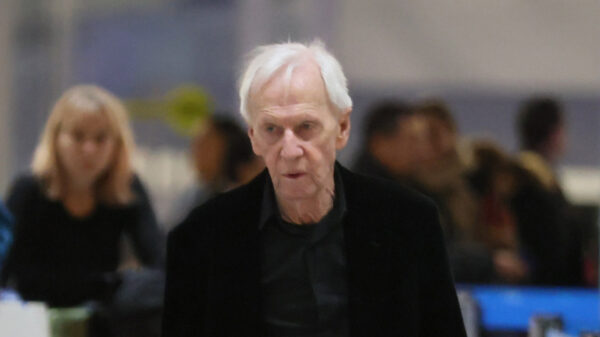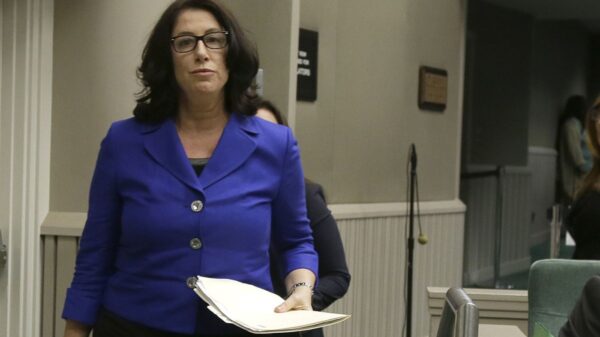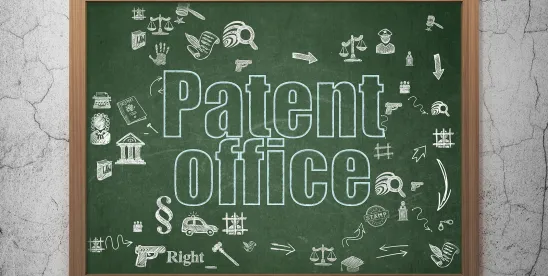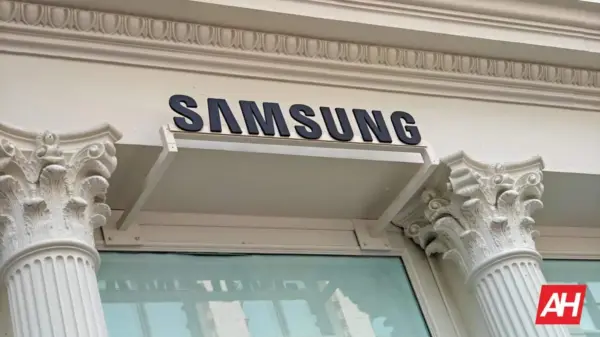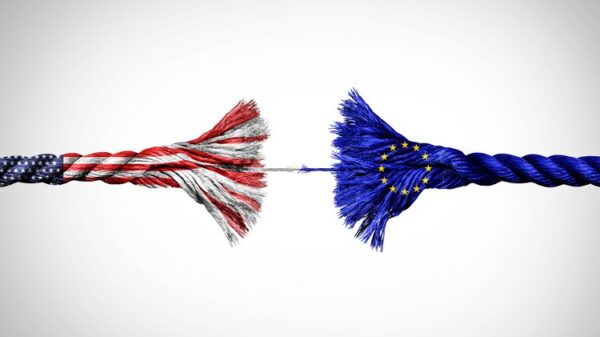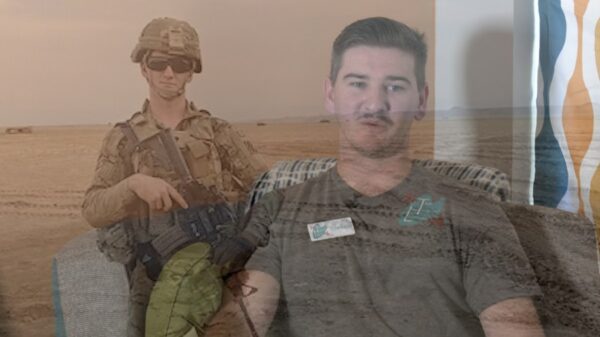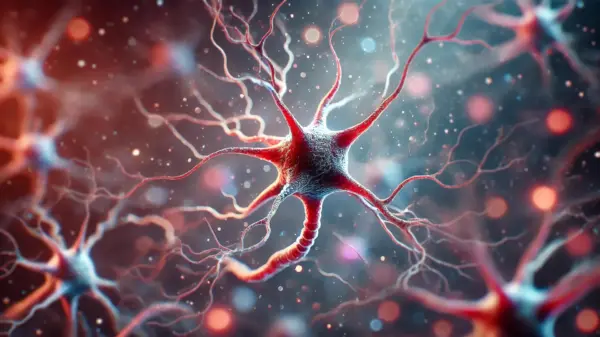Look out, daters: a new toxic relationship trend is sweeping through the romantic world, leaving many baffled and heartbroken. Known as “Banksying,” this phenomenon takes its name from the elusive street artist Banksy, renowned for creating art that appears unexpectedly and often carries a cryptic twist.
Much like a puzzling Banksy art piece, “Banksying” in relationships involves a gradual emotional withdrawal from a partner without any open communication. When the relationship finally ends, the “Banksy-er” often feels relieved, having mentally checked out long before, while the other partner is left blindsided and confused.
The Rise of ‘Banksying’
When someone engages in “Banksying,” they effectively begin to dismantle the relationship before their partner even realizes what’s happening. This mirrors some of Banksy’s art, which has famously self-destructed, such as the painting that shredded itself after selling at auction for $1.4 million.
Amy Chan, a dating coach and author of “Breakup Bootcamp: The Science of Rewiring Your Heart,” notes that “Banksying” is not entirely new but has recently gained a trendy label. The solution, she suggests, lies in practicing open and honest communication, even when it’s uncomfortable.
“‘Banksying’ happens more now, especially with the proliferation of dating apps, where people have developed poor dating etiquette,” Chan says. “The person withdrawing gets the ability to process the breakup on their own terms, before they hand the memo to the other person who ends up being in total shock. It’s selfish. It shows a lack of emotional maturity and a way of dealing with conflict that is rooted in avoidance.”
Understanding the Impact
Emma Hathorn, a relationship expert at Seeking.com, explains that “Banksying” leaves daters feeling stressed, confused, and gaslit. Often, the person on the receiving end senses something is wrong, but their partner keeps assuring them that everything is fine.
“Banksying is something that we have all experienced at one point or another,” Hathorn says. “Previously, there hasn’t been a way to express that subtle feeling of dread when a partner has begun to pull away, essentially icing us out. Emotionally manipulative, emotionally distant – there are plenty of ways that people have tried to define it.”
What makes “Banksying” particularly painful, Chan notes, is its ambiguity. Unlike ghosting, where the end of a relationship is clear, “Banksying” leaves people in the dark, unsure if their relationship is stable or if their concerns are justified.
“They might not be using their words to tell you – but their actions are,” Chan says. “They might lie and say everything is ‘fine’ but you also have to exert that you’re not ‘fine’ because you can pick up the cues of emotional distance. Don’t gaslight yourself into thinking it’s OK to sweep the cold behavior under the rug just because they’re saying everything is fine, but acting in a way that’s completely the opposite.”
What ‘Banksying’ Reveals About Modern Dating
The prevalence of “Banksying” highlights a decline in both dating and breakup skills in recent years. According to Chan, it underscores how conflict-avoidant people have become, as they struggle to handle uncomfortable emotions and difficult conversations.
“It does highlight how conflict-avoidant people have become,” Chan says. “It seems like there’s less of an ability to tolerate uncomfortable emotions and hard conversations, so instead of dealing with the relationship challenges, or feeling the guilt of a breakup, people end up causing more harm by dragging things out.”
To counteract this trend, experts recommend embracing honesty in dating. Hathorn emphasizes the importance of being upfront and clear about one’s feelings, even when it’s challenging.
“Modern dating is in desperate need of blunt honesty,” Hathorn says. “Being upfront, firm but polite shows that you know what you want and are unwilling to waste your time and a potential partner’s time.”
As “Banksying” continues to impact relationships, the call for more open communication and emotional maturity grows louder. The hope is that by addressing these issues head-on, daters can foster healthier and more fulfilling relationships.




